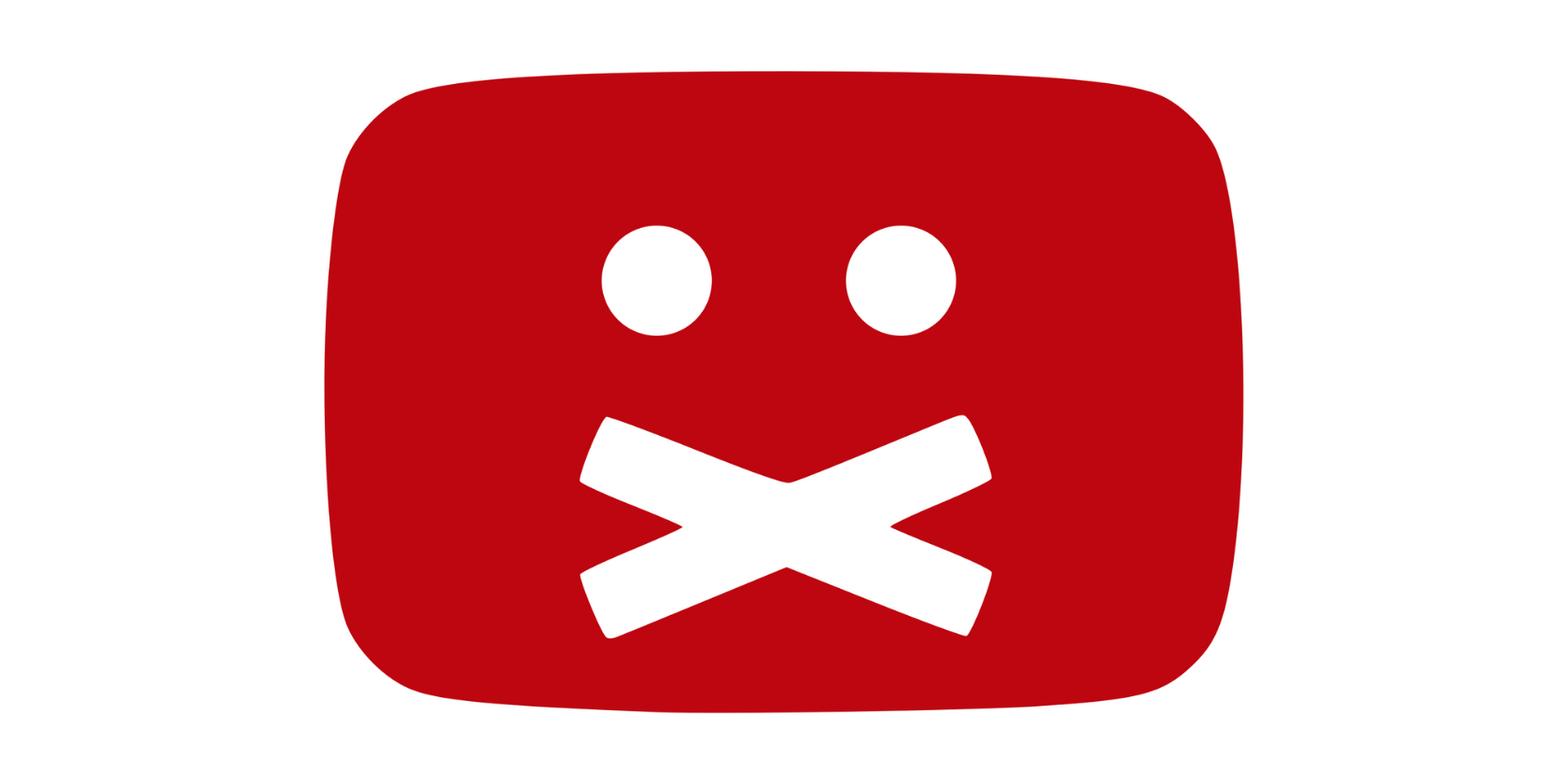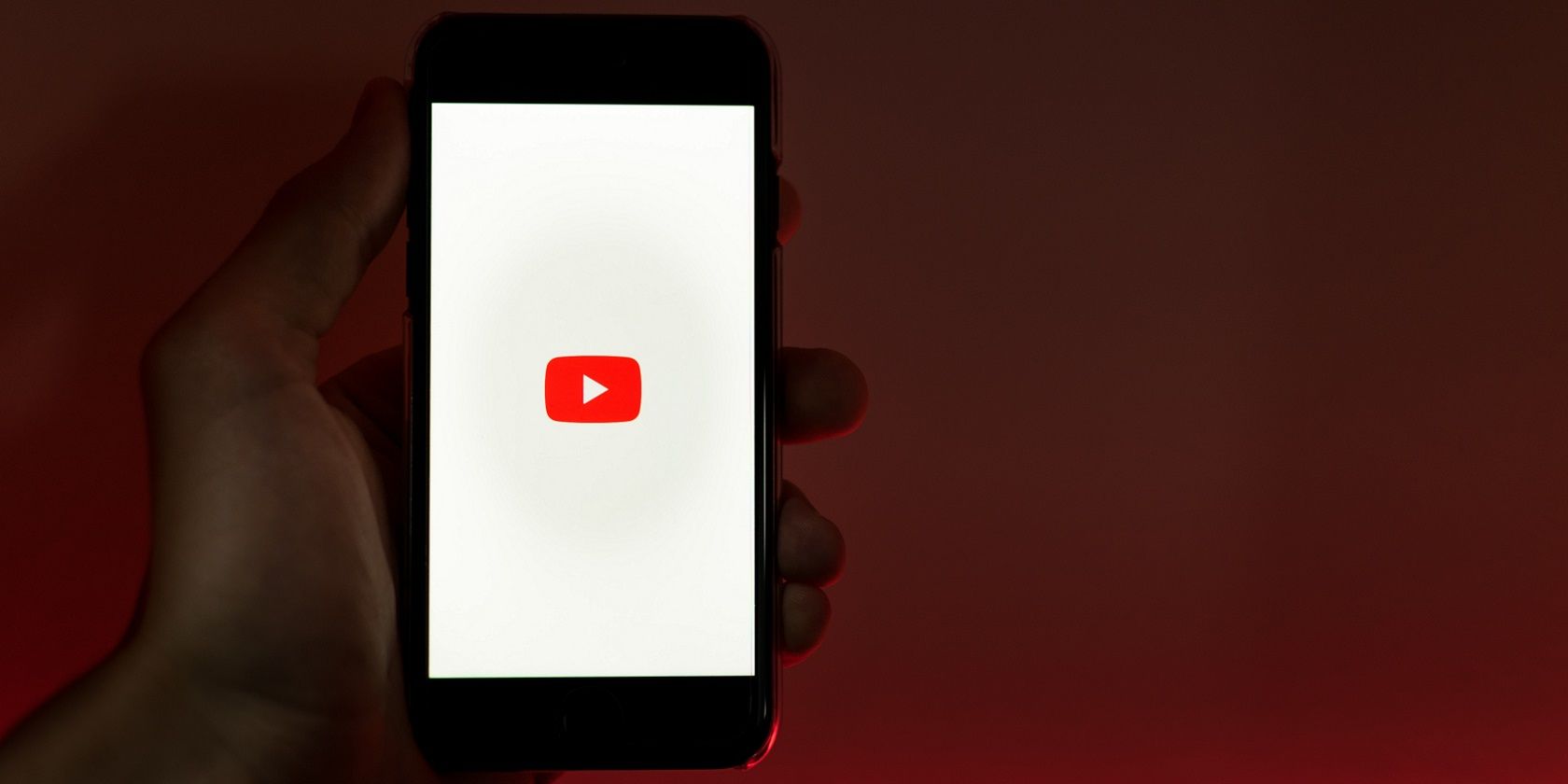The spread of misinformation plagues many online platforms, which face increasing pressure to tackle the issue. YouTube is one such platform facing the heat from both the viewers and creators.
Considering how dangerous the online spread of misinformation can be, it's imperative that YouTube stays on top of the issue and ensures that it does everything possible to stop the spread of misinformation.
But is YouTube even doing enough to tackle the spread of misinformation on its platform? Let's find out.
What Misinformation Challenges Is YouTube Facing?
Although YouTube has been working to tackle misinformation, the company realizes the importance of evolving to ensure that it stays ahead of those measures and that it continues to remain effective in that pursuit.
And although that is the case, YouTube is still facing some challenges in tackling misinformation.
In a YouTube blog post, the company's Chief Product Officer, Neal Mohan, admitted that the platform is still struggling with thwarting misinformation before it goes viral, addressing cross-platform sharing of misinformation, and advancing misinformation efforts on a global scale.
As noted by Mohan:
... as misinformation narratives emerge faster and spread more widely than ever, our approach needs to evolve to keep pace.
This shows that TouTube is aware that it still has a long way to go in its efforts to tackle the spread of misinformation on its platform.
What YouTube Should Do to Tackle Misinformation
While YouTube has taken some measures to tackle misinformation on its platform, there is still room for improvement. Here's what YouTube can do to be more effective in managing the spread of misinformation:
1. Partner With Independent Fact-Checking Organizations
If YouTube wants to be more effective in tackling misinformation, it needs to outsource much of this work to independent fact-checking organizations.
And even some of those organizations think so—The International Fact-Checking Network, comprising 80 organizations, called out YouTube for failing to utilize the services of fact-checkers in its efforts to tackle misinformation.
As reported by Poynter, the IFCN wrote an open letter to YouTube:
Your company platform has so far framed discussions about disinformation as a false dichotomy of deleting or not deleting content. By doing this, YouTube is avoiding the possibility of doing what has been proven to work: our experience as fact-checkers together with academic evidence tells us that surfacing fact-checked information is more effective than deleting content.
In other words, merely removing content containing misinformation isn't enough. Instead, YouTube needs to be more intentional about countering misinformation by providing fact-checked information. This is something independent fact-checking organizations can help with, thanks to their experience and expertise.
2. Establish Local Teams to Tackle the Spread of Misinformation on a Global Scale
While YouTube has admitted to struggling with combating the spread of misinformation in other languages and regions, it has genuinely lagged in finding solutions to this issue.
In addition to investing in the right technology, YouTube can employ teams in regions around the world that could focus on handling the spread of misinformation in their respective areas.
Those teams could help develop, monitor, and fine-tune misinformation models within those countries. This would make it easier for YouTube to tackle the spread of misinformation in other countries as those team members would already be familiar with the languages, culture, and nuances there.
In turn, that would help them identify and uproot content containing misinformation quicker and a lot more effectively.
3. Implement Harsher Punishment for Channels That Repeatedly Spread Misinformation
YouTube should take a harsher stance on channels and creators that spread misinformation, like suspending a channel the first time it is guilty of doing so.
This will send a clear message that YouTube has no tolerance for the spread of misinformation on its platform, and the creator would think twice about uploading content of that nature again.
YouTube should also consider banning channels that spread misinformation repeatedly, like after multiple offenses. It doesn't necessarily have to ban the creator, just their channel.
That way, should the creator decide to start a new YouTube channel, they would reconsider the type of content they intend to share in order to avoid having their hard work (building their channel) go down the drain all over again.
While this may seem a bit extreme and YouTube is hesitant about hindering creators' ability to exercise their freedom of expression, it needs to consider whether that is more important than allowing content that could be dangerous and damaging to people's lives.
Is It Even Possible to Tackle the Tide of Misinformation?
Practically speaking, the internet is a fast-paced space, and any misinformation shared on a platform like YouTube has the potential to spread like wildfire and continue to do so even after being deleted from one channel.
Despite that, it is possible and necessary for YouTube to manage the spread of misinformation to lessen its impact on those who consume it.
Online Platforms Have Multiple Responsibilities in Tackling Misinformation
Online platforms like YouTube have their work cut out for them. On the one hand, they need to ensure that their technology and teams are on the ball when identifying and tackling the spread of misinformation.
On the other hand, platforms must ensure that their users are protected from the impact of misinformation as much they depend on them.




